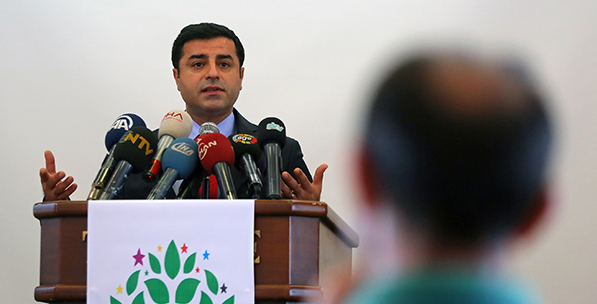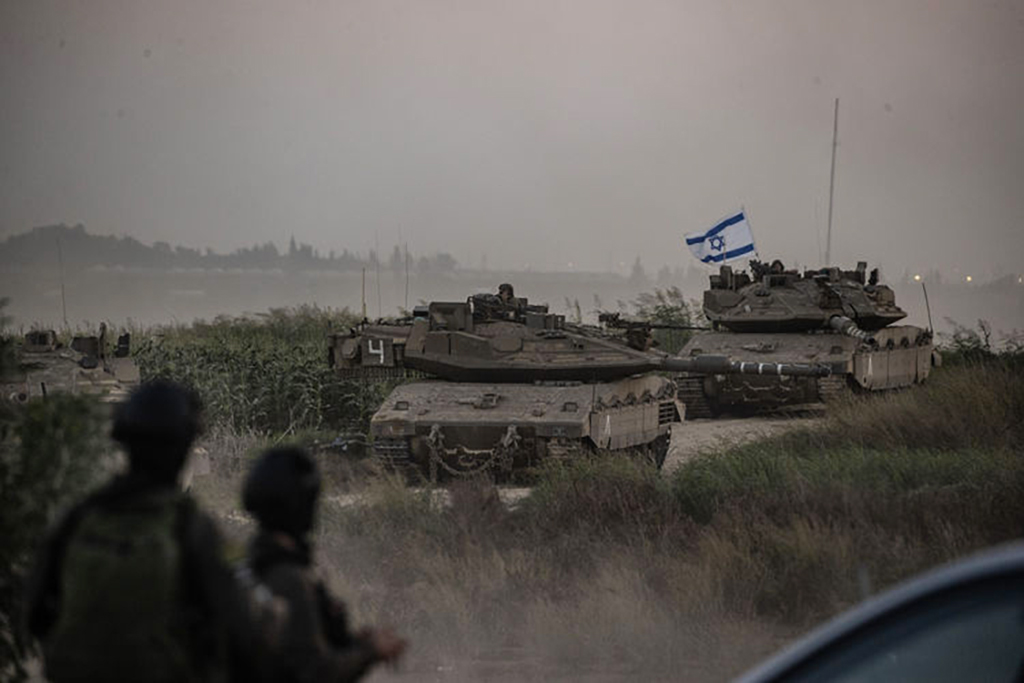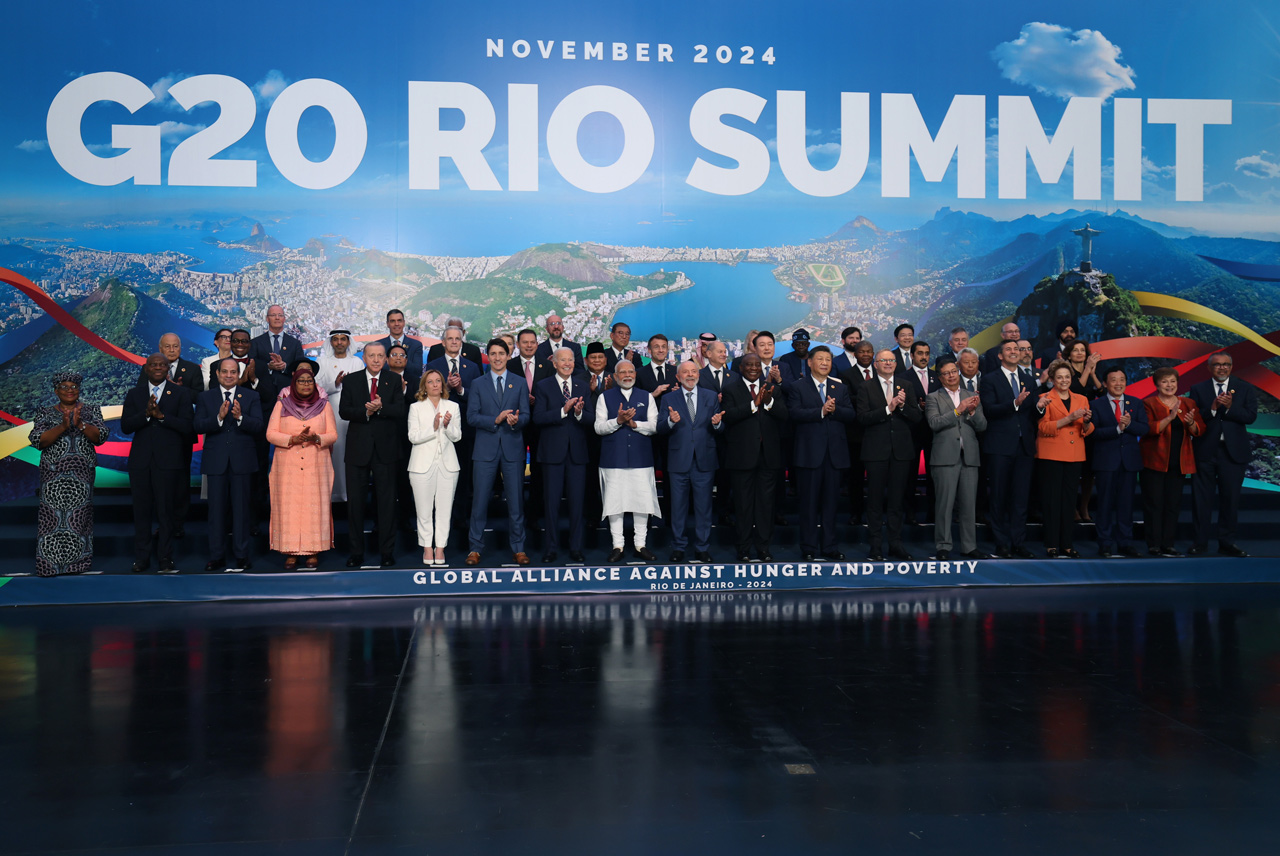It has become clear that Turkey will go for new parliamentary elections two months from now. Justice and Development Party (AK Party) leader Ahmet Davutoğlu was unable to establish a coalition government despite his significant effort to do so. Moreover, the four parties in Parliament were not even able to come to an agreement on an administrative formula by which the country would be governed. President Recep Tayyip Erdoğan does not think that an administrative formula, able to obtain a vote of confidence, can be created and thus after negotiating with the Parliament speaker, he will ask that an electoral administration be created by the powers given to him through the Constitution. In this situation, the person whom the president authorizes to form the administration will create an electoral administration according to the ratio of votes every party received. After the president's approval of this administration, this administration, which does not need a vote of confidence, will direct Turkey until the election.
It is obvious that this type of electoral administration will be faced with serious challenges. Before everything, the Republican People's Party (CHP) and Nationalist Movement Party (MHP) are indicating that they won't send members to this administration. In this case, only the AK Party and the Peoples' Democratic Party (HDP) will be present in this administration.
First of all, there is a strong possibility that this interesting portrait will become propaganda material for all parties to use in the new election process. This is because the HDP's mere presence during a temporary electoral administration, as the political arm of the PKK, is regarded as a symbol. In this sense, the HDP is a ball of fire that no one wants to be associated with.
The nationalist MHP will accuse the AK Party of forming a coalition with the HDP, and of standing side by side with terrorism. In the exact opposite manner, the AK Party will blame the MHP, which turned down the opportunity to form a temporary minority government with it, but for making the HDP, the supporter of terrorism, an administrative partner.
Setting aside these arguments, the main issue here is the management performance of such an administration at a time when the PKK has taken up armed resistance and is attacking security forces, public property, public institutions and establishments and threatening public order. The PKK, perceiving a power vacuum in the aftermath of the June 7 elections, ended the ceasefire it had declared a short while ago and called for armament and upheaval. Seizing the opportunity presented by the Suruç massacre where 32 people were killed in an attack by the Islamic State of Iraq and al-Sham (ISIS), the PKK used the political psychology created in its aftermath to speed up its terror activities targeted against the AK Party administration, which it accused of supporting ISIS.
In a change from the past when there was actual conflict with security forces in rural areas and attacks organized on border patrols, the PKK is aiming to start street wars in cities by inducing the Kurdish population to rebel.
It has been observed that the PKK is targeting areas where the HDP received nearly 100 percent of the votes. Units from the PKK are engaging in violent activities aimed to isolate those places from the surrounding areas and are attempting to stop the entry-exit flow in those cities. Afterwards, ditches are dug around the area, followed by barricades around the city, and civilians are forcefully removed from their homes and taken to these barricades. Through this process, the city's shops are closed down, accompanied by stories manipulated via social media. The common theme among these stories created for propaganda is that the Turkish state has killed and tortured a "Kurdish woman" or a "Kurdish child." Even though the fact that these stories have no basis in truth comes out soon enough, that short period is used to keep the militants' solidarity together and to partially mobilize the m









